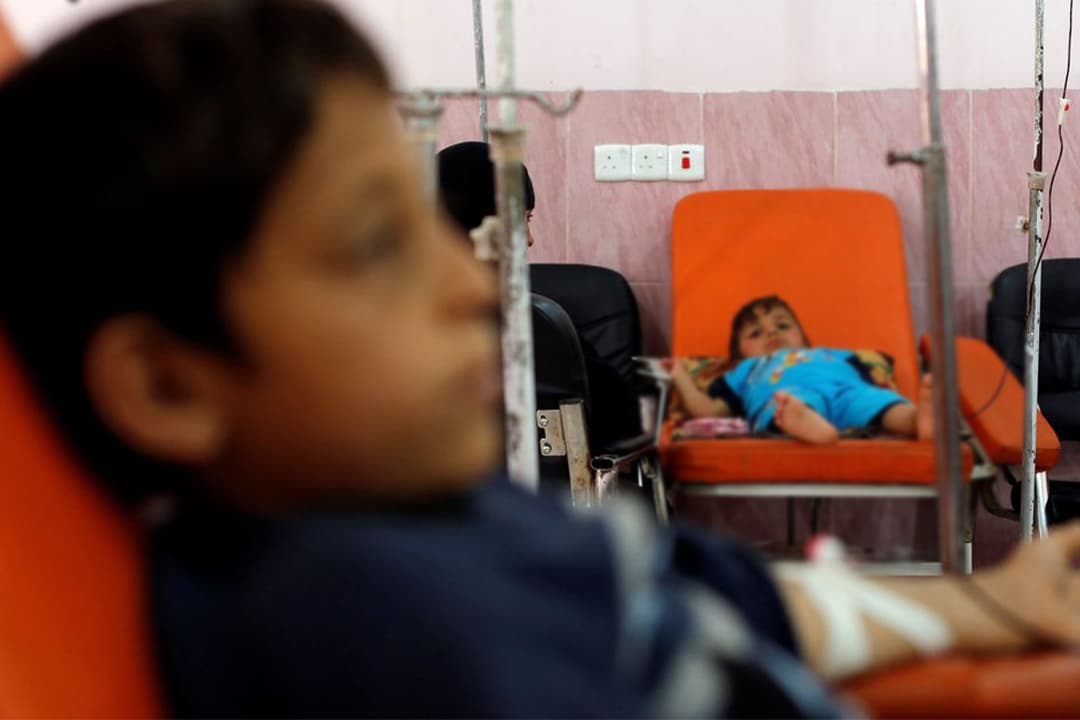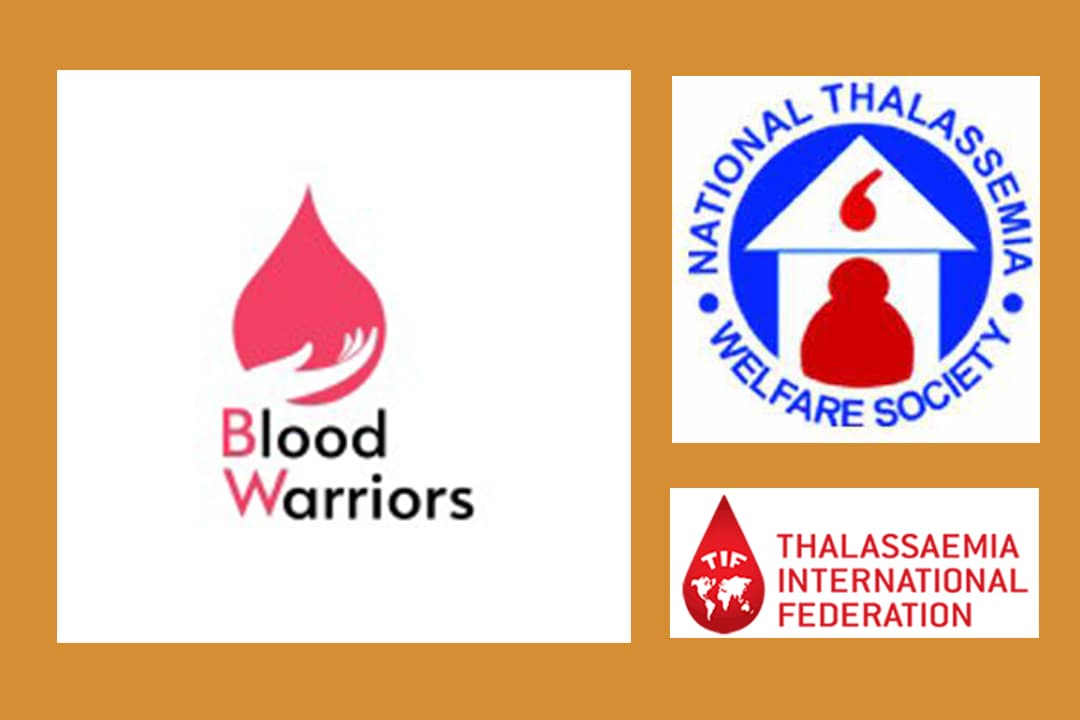Policies for Thalassemia Patients
Blood Warriors
June 5, 2025
In India, the rights of those affected by thalassemia are protected under several laws and policies. Here is a brief overview of some of the key laws and policies that relate to thalassemia in India:
1. The Persons with Disabilities (Equal Opportunities, Protection of Rights and Full Participation) Act, 1995: This act provides for the rights and entitlements of persons with disabilities, including those affected by thalassemia. Under the act, persons with disabilities are entitled to free education, employment, and other opportunities, as well as to protection from discrimination.
2. The National Health Mission: The National Health Mission is a government initiative that aims to improve access to quality health care for all citizens of India. As part of the mission, the government provides free medical treatment for those with thalassemia, including blood transfusions, chelation therapy, and other medications.
3. The Pre-Conception and Pre-Natal Diagnostic Techniques (PCPNDT) Act, 1994: This act aims to prevent the misuse of pre-natal diagnostic techniques, including those used to identify genetic conditions such as thalassemia. The act requires the registration of all facilities that offer pre-natal diagnostic services and imposes penalties for non-compliance.
To utilize these laws and policies, individuals with thalassemia or their caregivers can:
1. Seek education and employment opportunities: The Persons with Disabilities Act provides for the rights and entitlements of persons with disabilities, including those with thalassemia. By ensuring that individuals with thalassemia have access to education, employment, and other opportunities, the act helps to promote social inclusion and improve the quality of life of those affected by the condition.
2. Access free medical treatment: Under the National Health Mission, individuals with thalassemia are entitled to free medical treatment, including blood transfusions, chelation therapy, and other medications. To access this treatment, individuals can visit a government hospital or a registered private hospital and present their government-issued disability card. This can be essential for managing the condition and enabling individuals with thalassemia to live full, healthy lives.
3. Seek genetic counseling and pre-natal testing: Under the PCPNDT Act, individuals can seek genetic counseling and pre-natal testing to help them make informed reproductive decisions. To access these services, individuals can visit a registered facility that offers pre-natal diagnostic services. By reducing the transmission of thalassemia, this act can help to reduce the burden of the condition on individuals, families, and society.
Overall, these laws and policies provide important protections and support for those affected by thalassemia in India. By utilizing these resources, individuals with thalassemia and their caregivers can access the support and assistance they need to manage the condition and live full, healthy lives.



